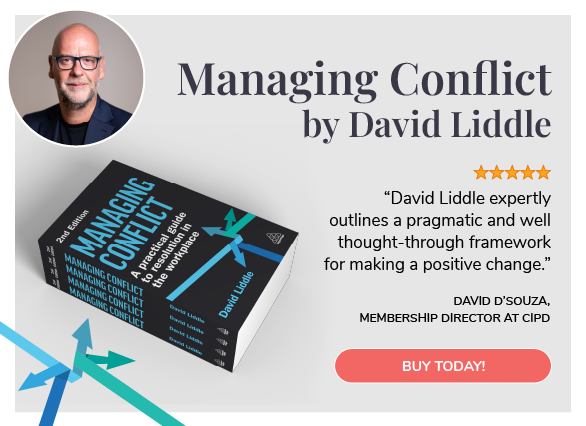
Share article:
Tags:
What does it take to be a leader in the Covid-19 pandemic and beyond?
The Covid-19 pandemic has pushed the limits of leadership and forced senior managers and executives to refresh their leadership styles. There is still a much greater focus needed to see through the fine lens of leadership, its dynamics and its governance.
In the increasingly VUCA [volatile, uncertain, complex, ambiguous] world, rapidly changing industries including NHS healthcare have made traditional leadership models redundant. Those with outdated leadership models have fallen behind in managing their workforces and are effectively leading them at the front end with no real progress towards their expectations. The traditional aspects of a leadership role that require entrepreneurs to showcase their abilities remain important, however the behavioural aspects associated with those skills – including much softer abilities – have featured at the forefront of every step that leaders have taken in response to the Covid-19 pandemic.
Leaders must have practical tools associated with behavioural change and possess the traits that require and promote that behavioural change. During these uncertain times, leaders must find the finetuning and balance between these to grasp success in the long-term. Leaders may be ‘good’; however, they can crumble particularly in times of crisis. A strong identity and sense of character are vital aspects for leaders to have in times of crisis management.
What the pandemic did do was force leaders to develop their softer skills and on top of that their behavioural and attitude skills were also challenged. It is clear that the urgency in the rate of leadership transformation during the crisis will form part of the blueprint of how to manage change under the new ways of leadership.
There has been a great level of research undertaken on compassionate and authentic leadership styles during the acute phase of the pandemic and thereafter, and this style of leadership is set to thrive in the post-pandemic world. The definition of ‘leadership’ has taken on a new meaning and there is a change in connotation around it. Leadership is about employees and not about leaders themselves any longer. Leadership is not just about building but also sustaining through times of uncertainty.
The healthcare sector is the ‘litmus paper’ to ascertain the level of trust from the top-down, from executive to shop-floor staff. NHS Healthcare is seen as a government monopoly, run by taxpayers’ money and strongly adheres to the ‘status-quo’. For leaders to bring about widespread change in their own behaviour and in that of the wider workforce, it will be an uphill challenge. Trust represents an individual’s belief and expectation, often in cases of vulnerability, such as those that have been widely observed during the Covid-19 pandemic. Trust is the foundation and centre of compassionate and authentic models of leadership – the very models which require situational management.
It takes a unique type of leadership to challenge the status quo and go against human nature for the sake of facilitating change within the structure. Overcoming the key-challenge of leadership and management through a crisis like the pandemic requires a large-scale human behaviour change, starting from the top-down and starting with executive leaders. Instilling trust in subordinates requires a change of leadership, focusing on ways that leaders would execute their adopted leadership styles. Developing leaders to have self-awareness and be flexible and trustworthy requires long periods of time. It is a dynamic process, and an essential one to offer hope that these changes can happen.
Leadership is about the subordinates and never solely about the leader themselves. When leaders realise their purpose, understand that their place is to deliver on expectations when managing a crisis, and realise that they must adopt a selfless attitude within the organisation – that will be the time when compassion and authentic types of leadership will be widely recognised and understood.








